Search

News & Events
New study reveals mothers age linked with childrens behaviourResearch from The Kids Research Institute Australia has shown that children born to older mothers fare well when it comes to behaviour.
News & Events
Chronic lung disease link targeted in new research studyA link between chronic lung disease and low Vitamin D levels is the focus of a new study just started by the Telethon Institute for Child Health Research.
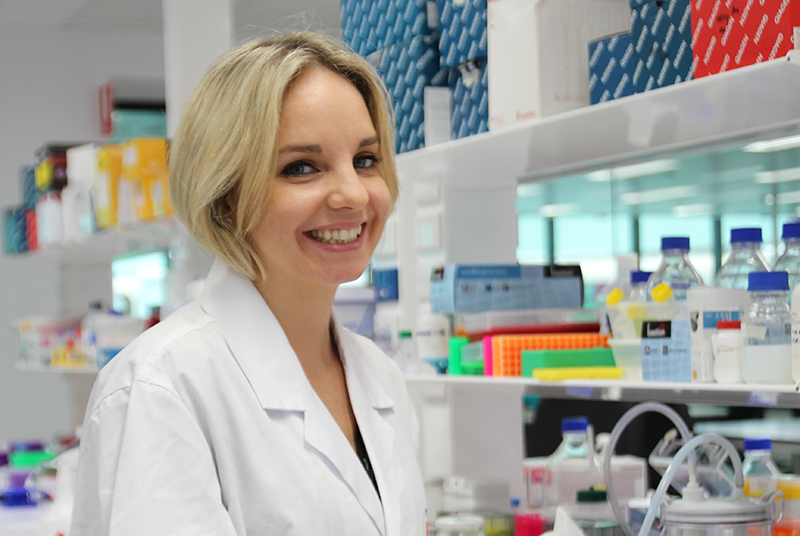
News & Events
Funding partnership to uncover new brain cancer treatments for kidsThe Robert Connor Dawes Foundation has joined forces with the Ethan Davies Fellowship to co-fund a The Kids Research Institute Australia initiative aimed at uncovering new treatments for aggressive childhood brain tumours.
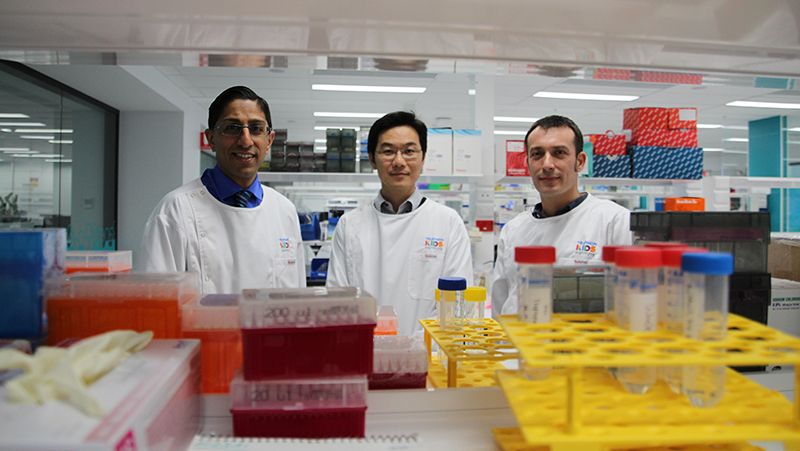
News & Events
Lightening the leukaemia load for kids with Down syndromeKids born with Down syndrome are at high risk of an array of health problems. One of the lesser-known complications is their increased risk of childhood leukaemia.
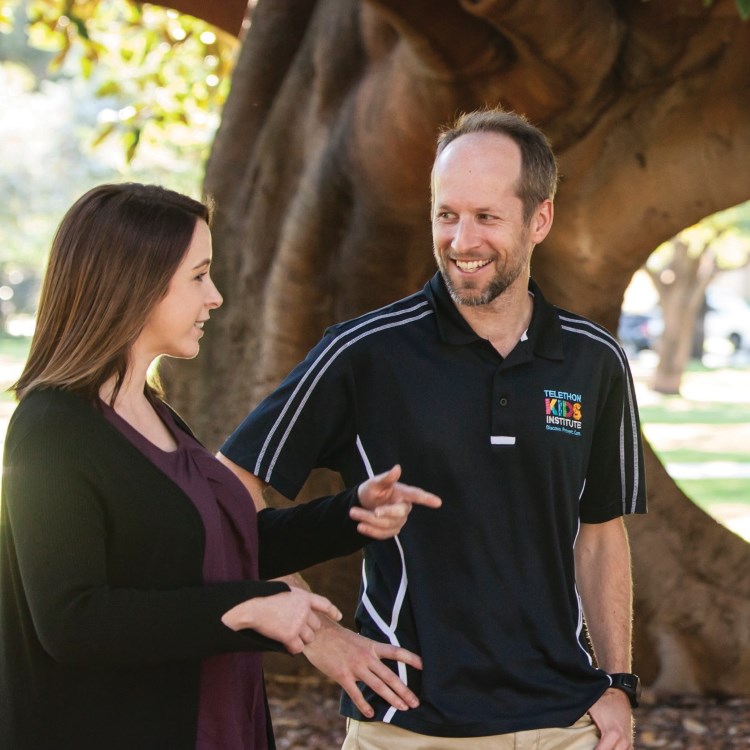
News & Events
Data goldmines yield priceless breakthroughsChild health and development researchers are increasingly turning to Western Australia's extensive population datasets for their ground-breaking work.
Research
Ear InfectionsMiddle ear infections are one of the main reasons that children visit a GP, are prescribed antibiotics and need surgery. Aboriginal children are particularly susceptible and commonly suffer from hearing loss which can affect speech and learning.
Research
ORIGINS of Neurodevelopmental Risk and ResilienceThis project aims to better understand the early genetic and environmental factors that the developing brain during a child’s first five years of life.
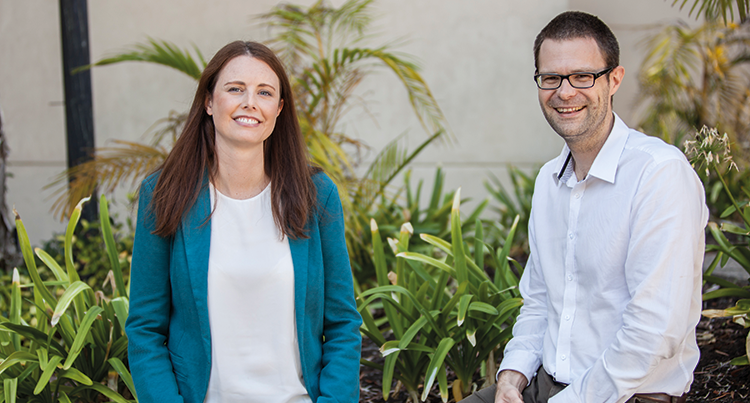
News & Events
New autism guideline a lifeline for familiesProfessor Andrew Whitehouse tells how Australia’s first national guideline for the diagnosis of autism spectrum disorder is going to transform the way the condition is assessed and managed, vastly improving the experience for families.

News & Events
Execution of Licence Agreement with The Kids Research Institute Australia and Erasmus University Medical CentreResonance Health Ltd is pleased to announce that it has entered into a licence agreement with The Kids Research Institute Australia and the Erasmus University Medical Centre.
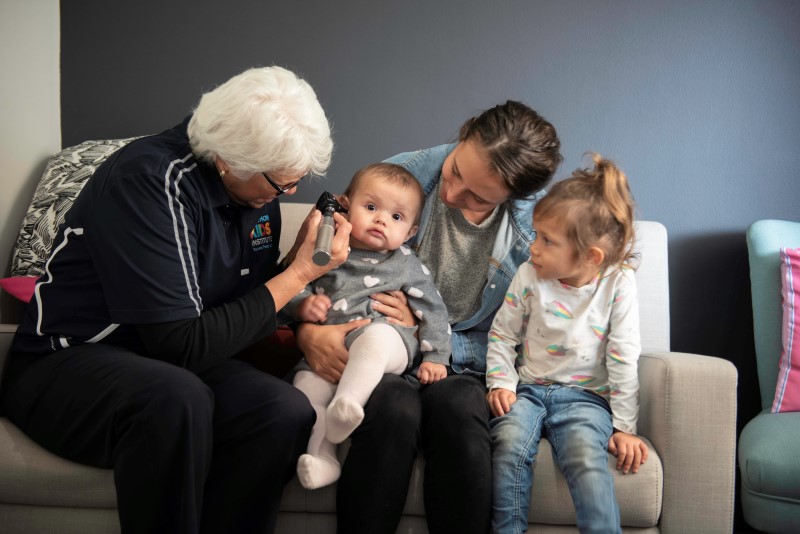
News & Events
New Aboriginal Cultural Guidance Advisor appointedThe Wesfarmers Centre of Vaccines and Infectious Diseases has appointed Mrs Valerie Swift to a newly created Aboriginal Cultural Guidance Advisor position.
